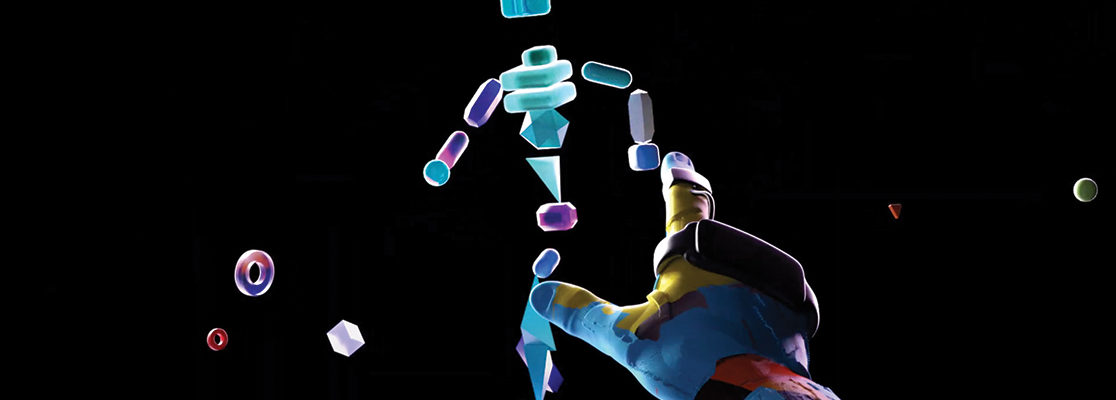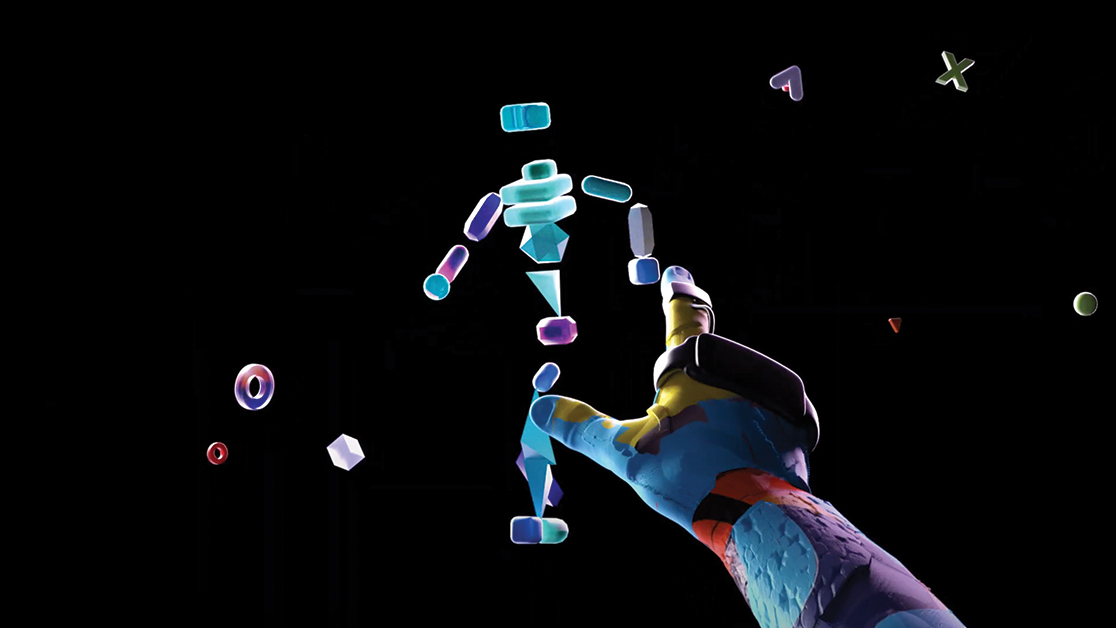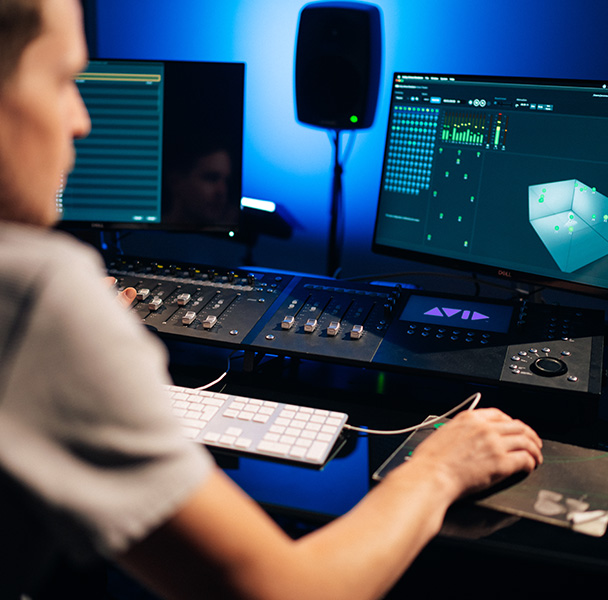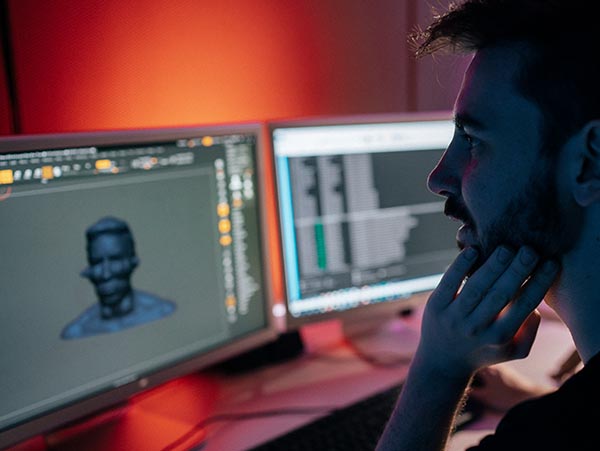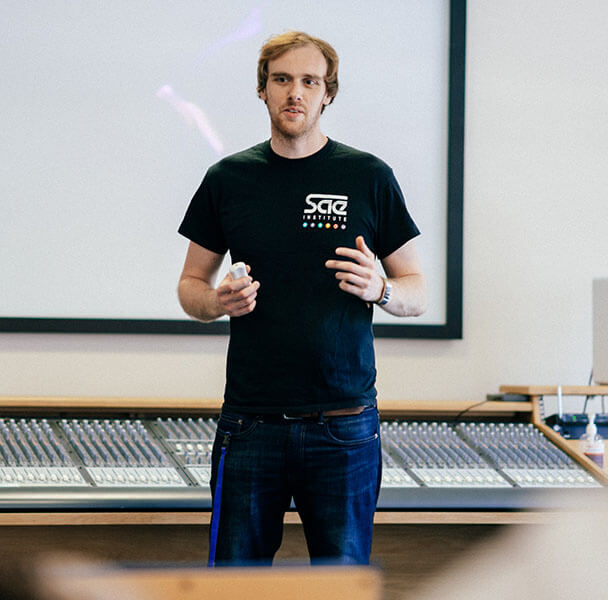BA/BSC (HONS) GAME ART AND ANIMATION degree
Bring your vision to the gaming world with a 2-year BA/BSC (Hons) Game Art & Game Animation degree. Start in January or September.
£11,100 per year
The annual tuition fee is fully funded via Student Finance England for eligible home-fee students.
For UK/Irish students commencing their studies from January 2024.
£9,000 per year
Partial funding is available for eligible home fee applicants who are resident in Scotland via the Students Awards Agency for Scotland (SAAS).
For UK/Irish students commencing their studies from January 2024.
£11,100 per year
The annual tuition fee is fully funded via Student Finance England for eligible home fee students.
For UK/Irish students commencing their studies from January 2024.
£11,100 per year
The annual tuition fee is fully funded via Student Finance England for eligible home fee students.
For UK/Irish students commencing their studies from January 2024.
For international students (non-EU/EEA/Swiss)*, £15,000 per year
For EU/EEA/Swiss students*: £ 11,100 per year
*Student visa required
For more information regarding SAE’s EU/EEA/Swiss students bursary policy, please read the SAE UK EU/EEA/Swiss students bursary policy.
For international students (non-EU/EEA/Swiss)*, £13,000 per year
For EU/EEA/Swiss students*: £9,000 per year
*Student visa required
For more information regarding SAE’s EU/EEA/Swiss students bursary policy, please read the SAE UK EU/EEA/Swiss students bursary policy.
For international students (non-EU/EEA/Swiss)*, £15,000 per year
For EU/EEA/Swiss students*: £ 11,100 per year
*Student visa required
For more information regarding SAE’s EU/EEA/Swiss students bursary policy, please read the SAE UK EU/EEA/Swiss students bursary policy.
For international students (non-EU/EEA/Swiss)*, £15,000 per year
For EU/EEA/Swiss students*: £ 11,100 per year
*Student visa required
For more information regarding SAE’s EU/EEA/Swiss students bursary policy, please read the SAE UK EU/EEA/Swiss students bursary policy.
January and September 2024
January and September 2024
January and September 2024
January and September 2024
- International ESOL C1 Expert – pass in all four components
- International ESOL SELT B2 (Listening, Reading, Writing, Speaking) – minimum 33 in all components
- ESOL Integrated Skills in English II – pass in all components
*Accepted on exceptional basis for the applicants whose local test centres are affected by closures due to Covid-19
What you can expect from your degree
If you see a career in games development as a game art and animation professional in your future, SAE’s pioneering game art degree combines fundamental games theories with practical projects to set you up for success. This accelerated game art degree is structured across 2 rather than 3 years, allowing you to launch into the industry sooner than you would studying at a traditional university.
As you progress through your games art degree, you’ll master a range of both technical and practical industry-relevant skills. With access to our cutting-edge computer labs, you’ll grasp industry-standard software packages including Autodesk Maya, Substance Painter, Unreal Engine, SideFX Houdini, Foundry NukeX, Pixologic ZBrush and the Adobe Creative Suite.
Throughout the course you’ll be guided and mentored by SAE’s Experts – successful industry professionals with a wealth of specialist knowledge to share. As well as gaining practical game art and animation skills, you’ll develop well-rounded abilities as you prepare research reports, explore intellectual property and learn to problem solve across a range of real-world creative projects.
Game on
As part of your degree in game art you’ll collaborate with peers from within your course, as well as those across other SAE disciplines, gaining a strong understanding of operational dynamics within the creative industries. Embracing a teamwork mindset, you’ll complete projects that showcase your technical skills as you gain tangible experience in a professional environment and create art you’ll be proud to add to your portfolio.
From modelling to rendering and everything in between, you’ll cover the full spectrum of SAE’s signature game art degree before graduating career ready. Whether your dream is to work as an artist, designer, animator, technical director or something else entirely, your journey towards a rewarding games career starts with SAE.
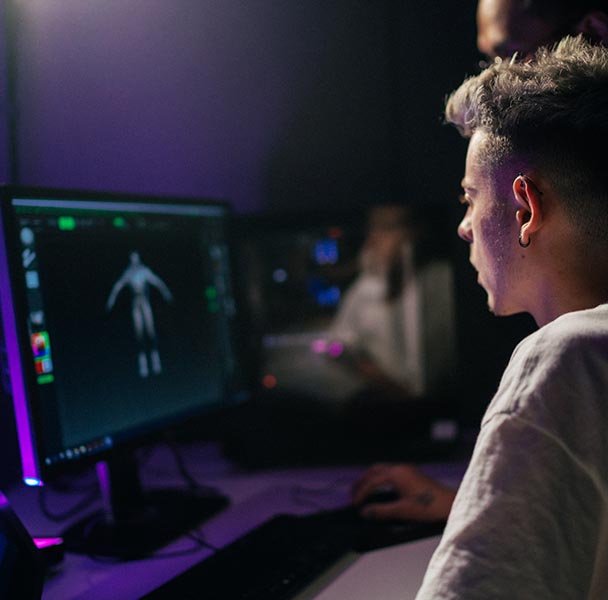
What you'll learn
- Explore 2D and 3D fundamentals and gain a solid foundation in game art and animation theories and practice.
- Confidently operate the latest industry software, including Unreal Engine, Maya, Substance and ZBrush.
- Design and build animations from start to finish using industry-standard techniques and workflows.
- Team up on innovative projects with peers from other SAE creative disciplines, such as filmmakers, musicians, marketers and sound engineers.
- Hone your problem-solving and teamwork skills.
- Specialise in a chosen area of interest while refining your skills through a broad range of practical projects.
- Develop a significant portfolio of work to present to industry.
- Establish a strong network of peers and professionals across the creative industries.
- Dive straight into a rewarding career with a degree in game art from a recognised creative institute.
- Game animation degree courses start in January and September.
YOUR CAREER IN ANIMATION BEGINS NOW
COURSE STRUCTURE
The BA/BSc (Hons) degree in Game Art and Animation is a fast-tracked 2-year course, taking place across 6 trimesters. Each trimester, you’ll gain skills and knowledge in industry-relevant areas of game art and animation and apply these to a number of dynamic projects. This ensures you graduate ready to take the first steps on your new career path with confidence.Stage 1 (T1 and T2) provides a foundation of core technical knowledge.
Stage 2 (T3 and T4) broadens your skills, exploring new areas of game art and animation.
Stage 3 (T5 and T6) is all-encompassing, covering every aspect of game art and animation from conception to completion, including managerial aspects like project management, finance and promotion.
Topics include:
- Principles of design and composition
- Colour theory
- Image acquisition
- Drawing
- Digital image editing
- Academic writing and referencing
- Intellectual property and copyright
Topics include:
- Principles of 3D
- Low-poly and high-poly modelling
- Texturing and texture baking
- Asset creation pipeline
- Presentation skills
- Time management
Topics in Trimester 2 include:
- Digital sculpting
- Physically based rendering
- Real-time rendering fundamentals
- Optimising 3D models for real-time applications
- Texture baking
- Asset design and development
- Production briefs
- Project management
Topics include:
- Rigging
- Animation
- Lighting
- Rendering
Topics may include:
- Modelling for environments
- Texturing for environments
- Game optimisation techniques
- Environment texturing
- Animation
- Real-time lighting and rendering
- Teamwork
- Planning for animation projects
Topics may include:
- Digital sculpting
- PBR texturing
- Organic baking
- Lighting and rendering
- Hard surface sculpting
- Organic sculpting
- Hard surface modelling
- Texture baking
- Weapon design
Topics may include:
- Critical evaluation
- Problem solving
- Autonomous learning
- Industry-ready production techniques
- Character art
- Environment art
- Technical art
- Prop/asset creation
- Animation
- Rendering
Topics may include:
- Character art
- Environment art
- Technical art
- Prop/asset creation
- Animation
- Rendering
Tools & Software




WHY STUDY GAME ART AND ANIMATION AT SAE?

Creative collaboration
Join forces with students from all SAE disciplines, working on immersive projects together and liaising with industry professionals.
Career Outcomes
What Jobs will this course lead to?
- Character Artist
- Environment Artist
- Technical Artist
- Production Coordinator
- Quality Assurance (QA)
- Motion Designer
- Lighting Artist
- Lighting TD
- Animator
- Character Animator
- Illustrator
- Layout Artist
- 3D Generalist
- Concept Artist
- Graphic Designer
- 2D Artist
- Rigging Technical Director
- Compositor
- Freelance Artist
- FX Artist
- Roto Artist
- Previs Artist
- Matchmove Artist
- Texture Artist
- Look Development Artist
- Pipeline TD
- 3D Modeller
- Visualisation Artist
- Matte Painter
- VFX Supervisor
- Art Director
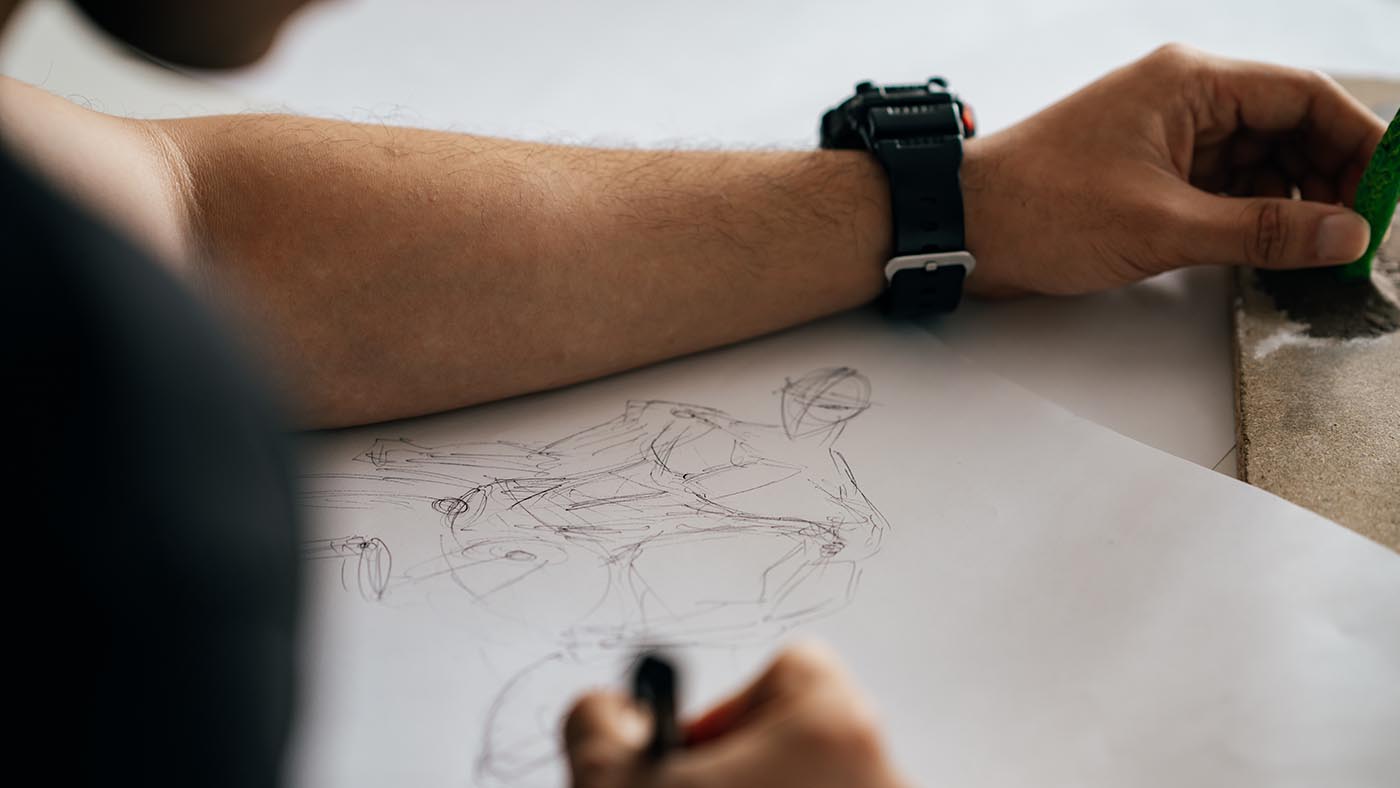
START YOUR GAME ART AND ANIMATION CAREER TODAY
Apply to study the BA/BSc (Hons) Game Art and Animation degree and secure a rewarding creative career sooner.
Course FAQs
While we recommend that anyone invest in their hardware, our labs are kitted out with high-end PCs that you can access for your classes. Students can also book access to PCs when they aren’t in use.
We are looking to see an applicants’ best and most refined artwork in whatever medium they choose, and should evidence their creativity and technical skill. You are welcome to contact our admissions team for advice on what you should include.
You can provide a PDF document or a personal URL with your artwork. Traditional artwork should be scanned and submitted in a digital image format like JPEG, or as part of a PDF.





